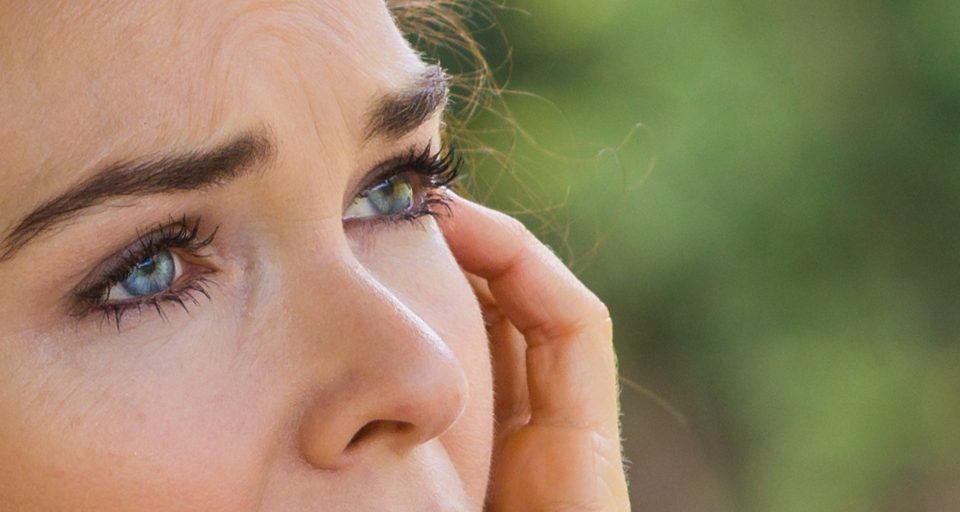
Nutrients to Maintain Eye Health
Over the past several years natural supplements and herbal remedies have become more mainstream as many patients look to other non-traditional sources to help preserve their eye health. The supplement industry does not adhere to the same strict standards as medically approved and certified treatments. As a result, patients are bombarded with information and it is often difficult to differentiate fact from fiction. It is not uncommon for parties to make exaggerated claims on the benefits of a treatment in an attempt to garner attention and benefit financially. Due to the growing prominence and popularity of the natural supplements industry, there has been legitimate research backing up some the claims. The following will endeavour to educate our patients at Londonderry Eye Care as to the efficacy and validity of some of the supplements and remedies.
Here are some common treatments that have been shown to potentially benefit with nutritional and herbal supplementation. We do want to preface this information by insisting that you speak to your family doctor BEFORE trying ANY new supplementation. This is imperative to ensure that there can be no interactions and to prevent any possible side effects.

Dry Eyes
There is evidence to suggest that Flaxseed, Fish Oils, and Vitamin E may potentially benefit those suffering from dry eyes. Symptoms of dry eyes can include, burning, redness, and even excess tearing. Good sources of omega-3s include cold-water fish such as salmon, sardines, herring and cod.
Allergic Conjunctivitis
This is a type of red eye that is particularly prevalent during times of seasonal allergies. The single most salient symptom with this type of condition is ITCHING; which is often localized to the inner part of the eye (closest to the nose). Typically it is treated with cold compresses and allergy drops. However, there is compelling evidence that a nutrient, Quercitin, may provide relief to allergy sufferers.
Quercetin belongs to a group of plant pigments called flavonoids that give many fruits, flowers, and vegetables their colors. Flavonoids, such as quercetin, are antioxidants. They scavenge particles in the body known as free radicals which damage cell membranes, tamper with DNA, and even cause cell death. Antioxidants can neutralize free radicals. They may reduce or even help prevent some of the damage free radicals cause. Quercetin is available as a nutritional supplement from most health food stores and is used by many to treat the often insufferable symptoms of allergies.
Age Related Macular Degeneration
A recent comprehensive retinal study had the following recommendations:

- 500 mg Vitamin C
- 400 IU Vitamin E
- 80 mg zinc
- 2 mg copper
- 10 mg lutein
- 2 mg zeaxanthin
Additionally, in reviewing studies on fat, researchers found that while the amount of fat consumed makes a difference, the real issue for AMD is the amount of saturated fats in the diet. The biggest source of saturated fat is animal products – beef, lamb, pork, lard, butter, cream, whole milk and high fat cheese.
Other advisable strategies to prevent AMD or to reduce its progression include the following:
- Don’t smoke and avoid exposure to second-hand smoke.
- Protect your eyes.
- Be sure to wear sunglasses that contain UV protection.
- Follow a diet that is very low in saturated fats and rich in antioxidants, focusing on vegetables, fruit, and legumes, including soy, whole grains and fish. Eat antixoidant rich berries, especially blueberries.
Glaucoma
Glaucoma is a slow moving, insidious and often irreversible, eye disease that can result in partial or complete vision loss. It is typically characterized by an increase in eye pressure. This type of pressure usually causes no symptoms and is not related to blood pressure. Unfortunately, it does cause damage to the nerves that connect the eye to the brain. What makes Glaucoma insidious is that most individuals are unaware that they have it because it affects peripheral vision (side vision) before central vision. As well, it is painless so patients are not prompted to take action. Once detected, drops are most often prescribed to decrease the eye pressure. However, there is evidence that suggests that bilberry extract,tumeric, as well as a novel supplement known as citicoline may provide protection from the nerve damage that results from glaucoma. Foods rich in citicoline include eggs, fish, soy, seeds, and nuts. Turmeric is often used in foods, especially Indian curries, and can be purchased at normal grocery stores. It is also available as a supplement. Bilberry is a more specialized extract and one typically has to purchase from a health food store.



